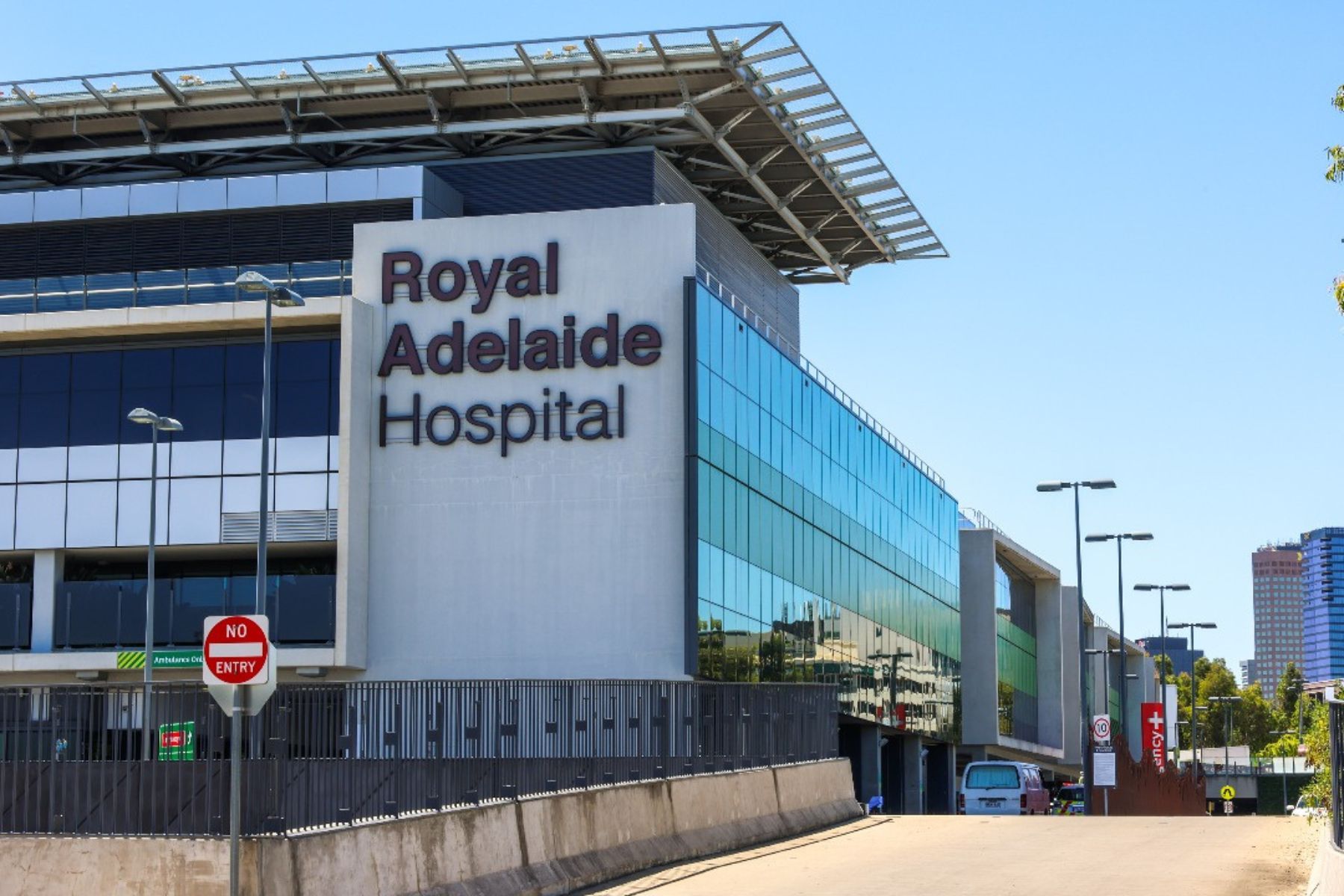Adelaide specialists continue battle over long Covid
One Adelaide clinic is still treating 20 to 40 patients a day struggling with debilitating fatigue, brain fog or muscle weakness from long-term Covid.

Royal Adelaide Hospital’s Long Covid Clinic dealt with almost 1,200 appointments in the past year for South Australians still dealing with the long-term effects of the coronavirus pandemic that began sweeping across the world a few years ago.
Head of unit and clinic consultant Dr Angela Molga said between five and 10 per cent of people diagnosed with Covid would experience long-term symptoms that significantly impacted their lives.
SA Health estimated in December 2022 that some 35,000 South Australians could expect to contract long Covid.
As the virus continued to impact patients, the clinic initially funded to treat patients until the middle of 2024 had been now made a permanent addition to the hospital.
Another dedicated clinic operates at Flinders Medical Centre.
“Most of the population has had Covid by now, that has been hard to avoid. It’s essentially become a part of our usual business,” Molga said.
“Long Covid has been identified as a significant health issue not only because of the number of people affected, but the impact it can have on quality of life, employment and community participation.”
Molga said the clinic had shifted its focus to dealing with more complex cases where patients were experiencing many or all of the typical symptoms.
You might like
“We have noticed that GPs are far more comfortable managing this condition, and that is primarily because of the education roll-out across the state but also having frameworks available to GPs through the primary health network,” Molga said.
“When we get referrals, they’re far more complex now.”
These complex cases can have significant effects on the lives of their sufferers.
One long-term patient at the clinic, who asked not to be identified, told InDaily that long Covid caused him to experience serious weakness and fatigue, with dire effects on his employment and social life.
“For the first nine months, I was down to six hours a day at work, part time, because I just couldn’t do any more after that. My whole social life just died. I could barely do anything, because after any kind of exertion, I was done for the day,” he said.
“It’s the broken autonomic nervous system that is the root of the problem, it means blood is not travelling around my body as it should be, causing debilitating symptoms.”
The patient detailed the difficulty he had accessing medical care when his symptoms – muscle weakness, fatigue, breathlessness, light headedness and brain fog – worsened in early 2023.
“Nobody really knew anything about long Covid at all. My GP really didn’t know where to refer me or anything,” he said.

Once he was referred to the RAH’s Long Covid Clinic in January 2023 he was shocked to receive an email telling him that the clinic had an estimated wait time of 10 months.
Stay informed, daily
However, this patient was “lucky enough” to be accepted into a study on long Covid by cardiologist Dr Dennis Lau.
“He helped me out with a bit of basic advice and tried out some medication. I also saw an exercise physiologist in the private system.”
Once the patient was seen by staff, he was impressed by the level of care on offer saying, “Dr Molga and the team are really helpful and really knowledgeable, and I really feel that they take the time to actually help me figure out what I need to do”.
Molga explained that the clinic partners with the University of Adelaide and other researchers.
Some research underway in partnership with the University of Adelaide is a trial of biomarkers to establish a test that can be used to more effectively detect long Covid.
“Currently the diagnosis of long Covid is clinical, so we base it on taking a history of the patient, their symptoms, they exclude other causes, but there’s no definitive biomarker or test yet that can say whether a person has long Covid or not,” Molga said.
“The trial is aiming to identify blood-based biomarkers of long Covid. This could help make diagnosis objective, faster and more reliable, but it could also help stratify patients for tailored treatment and clinical trials down the track.”
Patients suffering from long Covid can access the Royal Adelaide Hospital’s Long Covid Clinic for holistic support.
The clinic is multidisciplinary, meaning that patients see a nurse, a doctor and a pharmacist, with the capacity to be referred to an in-clinic psychologist or other clinicians within the Central Adelaide Local Health Network.
In October of 2023, the clinic was struggling under the weight of an illness that few understood, with patients facing wait times as long as 10 months before specialised treatments could commence.
Almost two years on, the clinic was in a much better position with reported waiting times for the clinic back within targets, Molga said.
“For example, a category one urgent referral gets seen within the recommended two weeks. If it’s a category two referral, then we see them within the recommended timeframe as well,” she said.
“The reason the waitlist is now managed within those targets is that we’ve increased the number of available clinics and clinicians.
“There’s also that balance with GPs able to manage a lot of the milder cases.”
The clinic opened weekly on Fridays and fortnightly on Wednesdays. Friday sessions typically had eight clinicians available and Wednesday sessions see two or three.
“That would involve our nurses, doctors and also doctors-in-training, because it’s important that we train junior doctors to understand and manage this condition,” Molga said.








